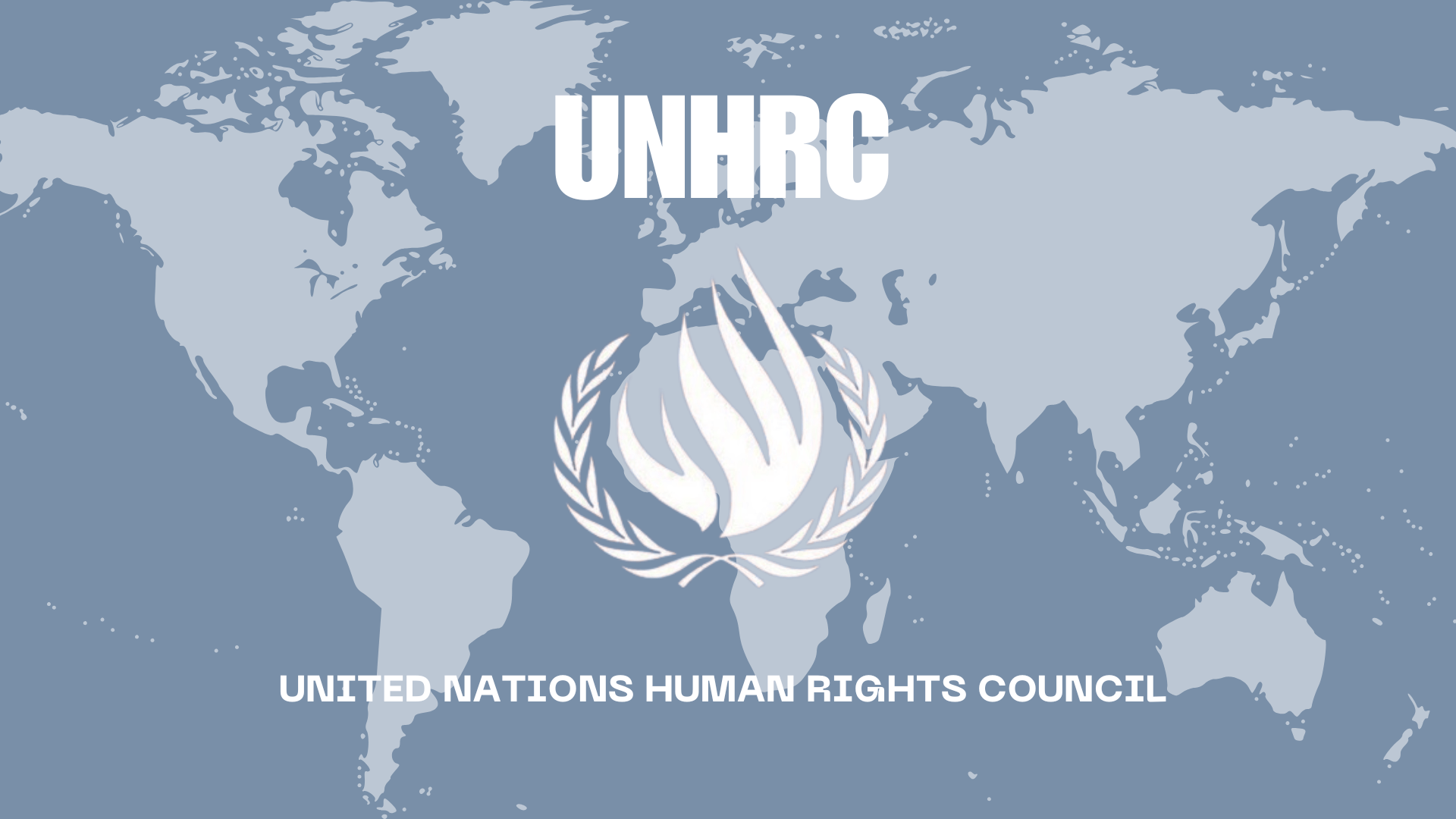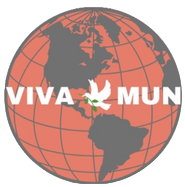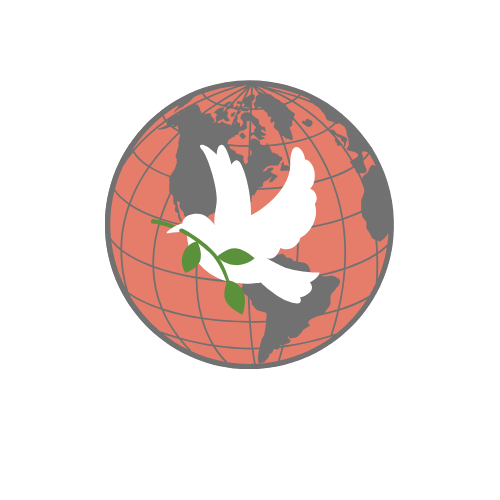
About The UNHRC
The United Nations Human Rights Council (UNHRC) is an intergovernmental body within the United Nations system, dedicated to the promotion and protection of human rights around the globe. Established in 2006, it replaced the former UN Commission on Human Rights with the intention of creating a more credible and effective institution. The Council is based in Geneva, Switzerland, and comprises 47 member states elected by the UN General Assembly for staggered three-year terms, with equitable geographic representation.
The core responsibility of the UNHRC is to address human rights violations and make recommendations to ensure accountability and justice. It does so by examining situations in specific countries, addressing thematic issues such as the rights of women and children, and promoting respect for international human rights law. One of its most important tools is the Universal Periodic Review (UPR), a mechanism that evaluates the human rights records of all UN member states every four to five years, encouraging dialogue and improvement.
The Council also appoints independent experts known as Special Rapporteurs who investigate and report on human rights issues across the world. These experts cover areas such as torture, freedom of speech, racial discrimination, and the rights of migrants. Their findings help inform international debates and are often used by civil society and governments to advocate for policy change.
Another significant function of the UNHRC is its ability to hold special sessions in response to human rights emergencies or violations in specific countries. These sessions allow for urgent global attention and may result in resolutions calling for investigations, sanctions, or international support. The Council works closely with other UN bodies, particularly the Office of the High Commissioner for Human Rights (OHCHR), to coordinate responses and promote compliance with human rights standards.
Despite its noble objectives, the UNHRC has faced criticism over the years, particularly regarding the election of member states with poor human rights records. Critics argue that such countries often attempt to shield themselves and allies from scrutiny, undermining the credibility of the Council. There are also concerns about politicization, as member states sometimes use the platform to advance geopolitical agendas rather than purely defend human rights.
Nevertheless, the UNHRC remains a critical institution for voicing concerns about injustice, supporting victims, and pressuring states to reform. It serves as a platform where non-governmental organizations (NGOs), civil society groups, and individual activists can speak truth to power. Through its resolutions, reports, and debates, the Council fosters awareness, accountability, and international cooperation in the realm of human rights.
In an era of global uncertainty, growing authoritarianism, and mass displacements, the work of the UNHRC is more vital than ever. It provides a space for dialogue, shines a light on abuses, and helps set global standards for dignity and equality. While reforms are necessary to strengthen its effectiveness, the Council continues to be a key defender of human rights and a voice for the voiceless on the international stage.
The Agenda
The agenda for this committee will be "Addressing the human rights situation in The Republic of Sudan". To learn more about the agenda, check out the background guide featured below.

